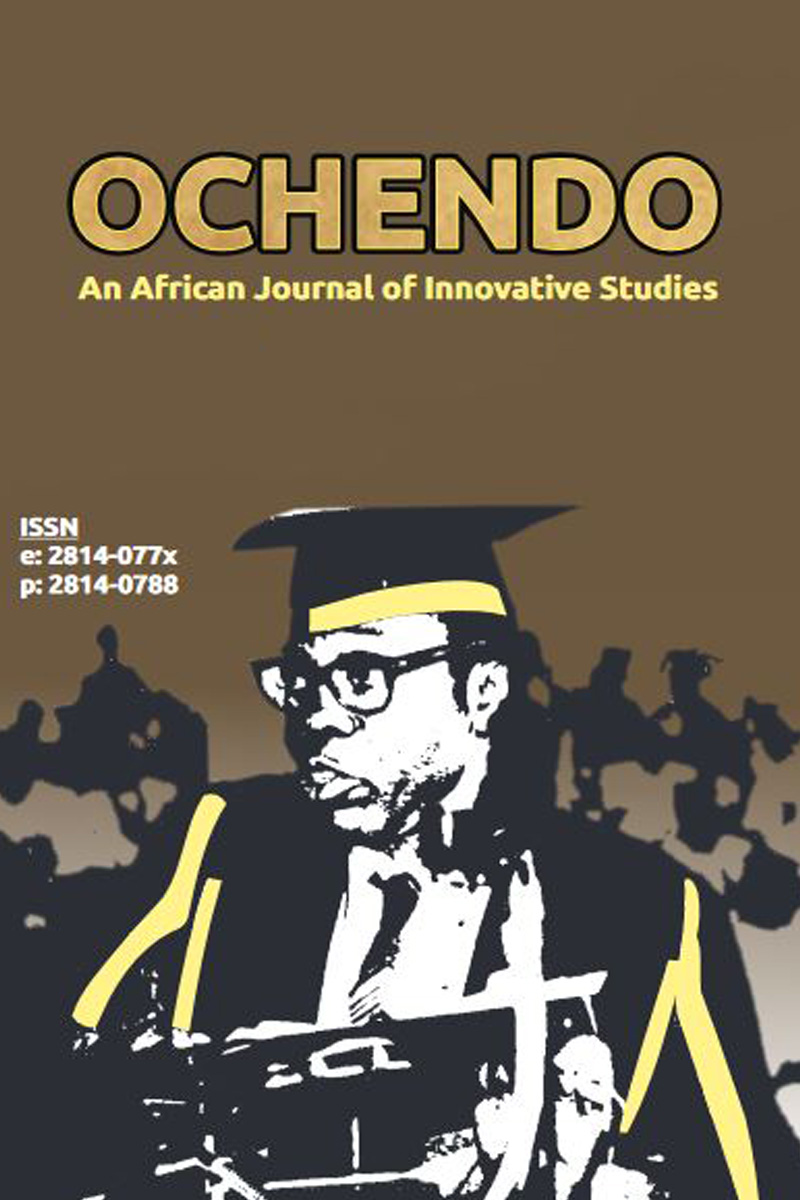 OCHENDO - An African Journal of Innovative Studies (OAAJIS) (Vol. 5 No. 1, 2024)
A CRITIQUE OF SPINOZA'S CONCEPT OF FREEWILL AND DETERMINISM: A PHILOSOPHICAL ANALYSIS
OCHENDO - An African Journal of Innovative Studies (OAAJIS) (Vol. 5 No. 1, 2024)
A CRITIQUE OF SPINOZA'S CONCEPT OF FREEWILL AND DETERMINISM: A PHILOSOPHICAL ANALYSIS
ABSTRACT
The freedom of the will seems to hold no significance in an absolute and inevitable chain of causation in Spinoza's ethical system. Furthermore, Spinoza's philosophy adheres to the most detailed terms for cause, reason, and nature: causation is the same as reasoning, reason is the same as cause, and cause is the same as basic causality. Can man then exercise his free will to choose a course of conduct without interference or one that is not compelled upon him? The purpose of this work is to provide light on Baruch Spinoza's conception of free will, often known as freedom of the will, and determinism. Exposition is the method employed in this work, and as it is being exposed, Spinoza's ideas on free will and determinism are made clear. Spinoza demonstrates that the activity of our minds is identical to the activity of our bodies by arguing against the idea of free choice and in favor of determinism, based on the findings. In accordance Spinoza, the oneness of nature and God is the only thing that exists, is not caused, and is the essential, effective cause of everything else. This study aims to make his thoughts more relevant by reintroducing this concept into society since modern man often seems to distance himself from himself and refuses to take responsibility for his deeds, which inevitably raises the question of responsibility.

